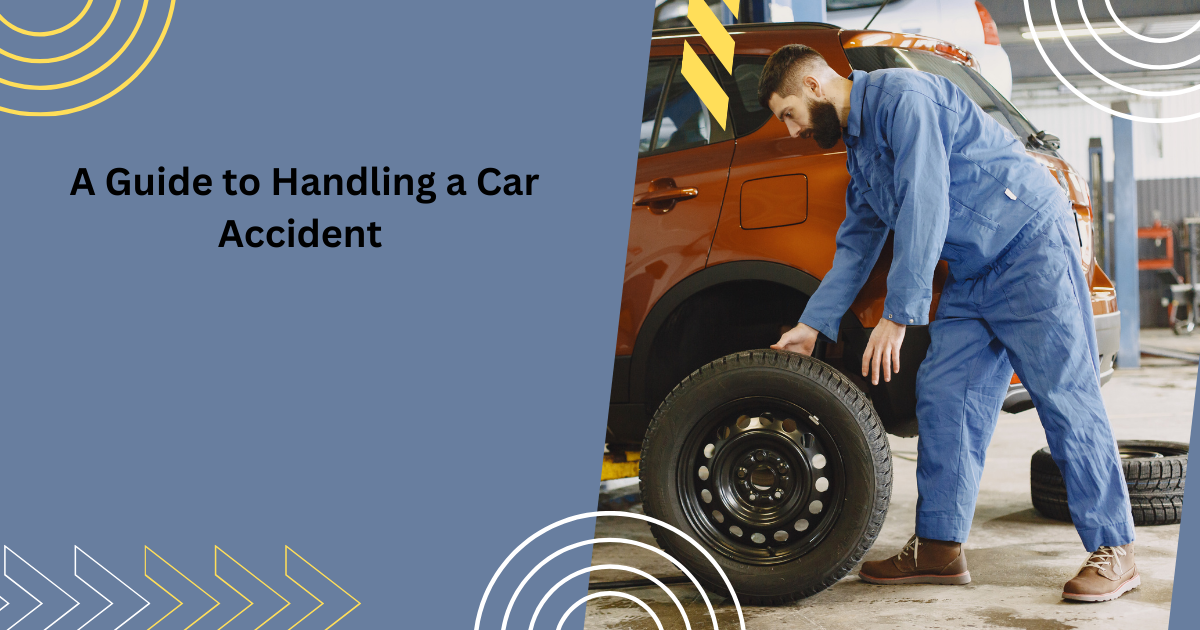Car accidents are unexpected and can be traumatic experiences, shaking even the most seasoned drivers. In the chaos that follows, knowing how to navigate the aftermath is crucial for ensuring safety, managing emotions, and handling the practicalities of insurance claims and legal responsibilities. This guide explores the steps to take immediately following an accident, the importance of documentation, dealing with insurance companies, and understanding your rights and responsibilities.
Immediate Steps After a Car Accident
The moments after a car accident are often disorienting and tense. The first priority is ensuring everyone’s safety. If possible, move vehicles to a safe location to prevent further accidents and turn on hazard lights. Check for injuries and call emergency services if anyone is hurt or if the accident is blocking traffic.
Exchange information with the other parties involved, including names, addresses, phone numbers, insurance details, and vehicle information. Avoid discussing fault or making accusations; this is best left to the insurance companies and legal professionals to determine.
Documenting the Scene
Documenting the accident scene is crucial for insurance claims and legal proceedings. Take photos of the vehicles involved, any visible damage, skid marks, and the surrounding area. Note down the weather conditions, road conditions, and any relevant details like traffic signs or signals.
If there are witnesses, obtain their contact information. Their statements may provide valuable insights into the circumstances of the accident.
Dealing with Insurance Companies
Notify your insurance company as soon as possible to report the accident. Provide them with accurate and detailed information about what happened. Be cautious when speaking with insurance adjusters and avoid admitting fault or speculating on the extent of injuries.
Understand your insurance policy and coverage limits. Ask questions about what expenses are covered, such as medical bills, vehicle repairs, or rental car expenses.
Seeking Medical Attention
Even if you feel fine immediately after the accident, it’s essential to seek medical attention. Some injuries may not manifest symptoms until hours or days later. Document all medical evaluations, treatments, and expenses related to the accident. This documentation will be crucial for insurance claims and any legal proceedings.
Understanding Legal Rights and Responsibilities
Depending on the circumstances of the accident, legal implications may arise. If you’re unsure about your rights or responsibilities, seek legal advice from an experienced attorney specializing in car accidents. They can provide guidance on liability, potential compensation, and navigating interactions with insurance companies.
Emotional and Psychological Well-being
Car accidents can be emotionally taxing. It’s normal to experience shock, anxiety, or even post-traumatic stress. Seek support from friends, family, or a counselor if needed. Taking care of your emotional well-being is just as important as managing the practical aspects of the accident.
Learning and Moving Forward
While no one anticipates a car accident, being prepared can mitigate its impact. Understanding the steps to take immediately after an accident, documenting details accurately, dealing with insurance companies effectively, and seeking appropriate medical and legal advice are critical in navigating the aftermath.
Ultimately, the goal is to recover physically, emotionally, and financially from the accident. By being proactive and informed, individuals can ensure they receive the support they need and protect their rights throughout the process. Every accident is unique, but knowing how to handle the aftermath empowers individuals to move forward with confidence.
